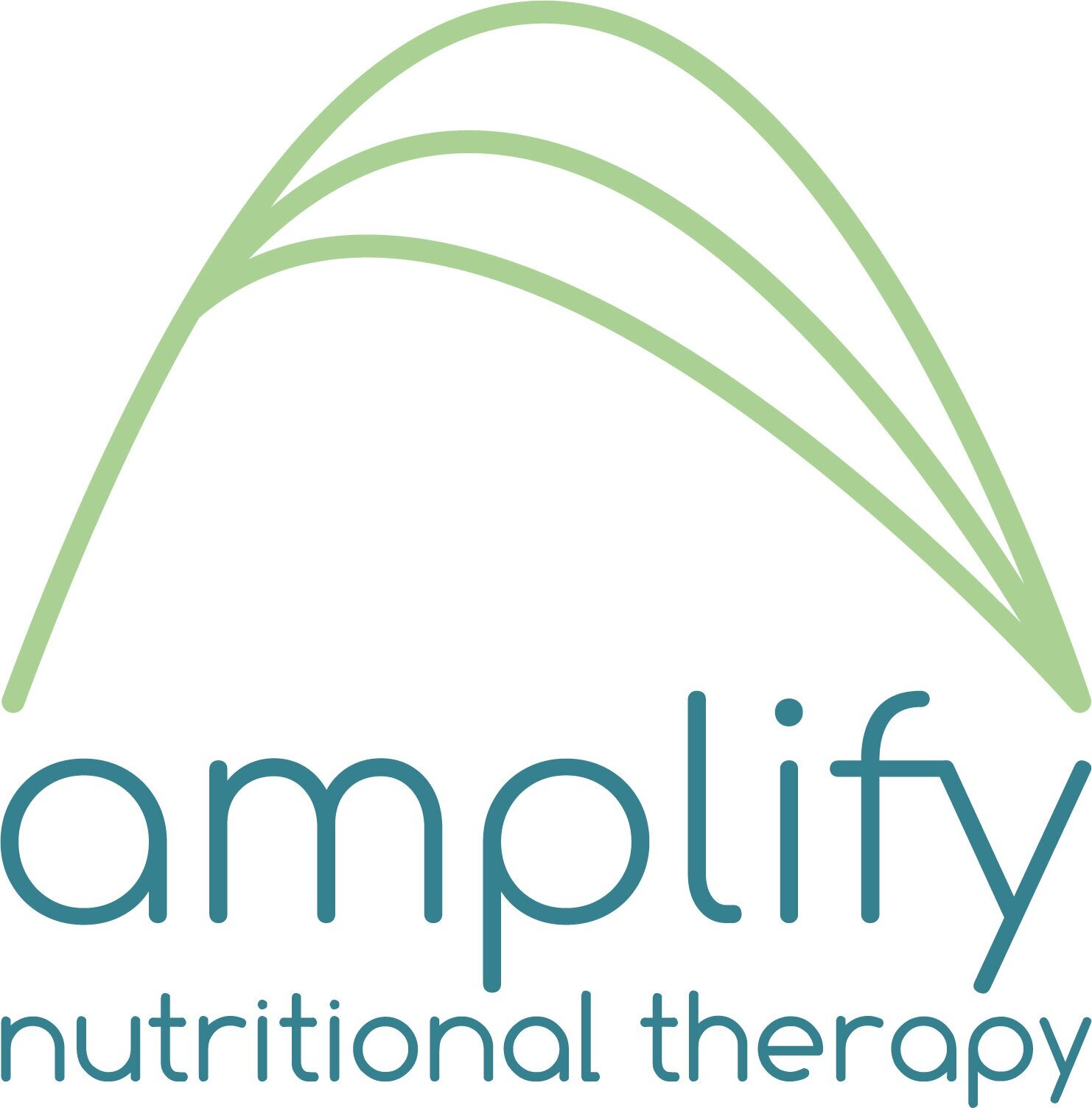Why is protein so important and how much should I eat?
I gained a few pounds of the winter so I have turned to my favourite appetite suppressant, protein, to help me lose the pounds. I also want to delay frailty in older age for as long as possible, so I’m eating more in order to increase my muscle mass and have recently increased my resistance training.
Protein is derived from the Greek word ‘proteios’, which means primary. The twenty amino acids that make up protein are the building blocks of life. It is needed for the building and repairing of tissues such as muscles, bones, skin and hair, producing enzymes and hormones, supporting immune function, and providing energy.
In internet world, there are protein zealots who like to tell you how much protein you should be eating – normally with something to sell! There are the gym bunnies, who like to go very high, and certain segments of the longevity crowd who often advocate low to moderate (that’s based on mouse studies and we are not mice). Who is right?
The current recommended daily intake of protein is .75g per kilo of bodyweight. So, if you weigh 60kg, that’s about 45g of protein a day. However, this value is intended to be a minimum requirement to prevent deficiency and is just not enough to support optimum health.
The amount you need depends of various factors such as age, sex, weight, height, physical activity and overall health status and goals. Populations who are at risk for protein deficiency are vegans and vegetarians who often do not consume enough protein-rich plant resources, and the elderly. Low protein = low muscle mass.
For example, to delay frailty, the International Association of Gerontology and Geriatrics recommends a protein intake of 1.0-1.2g per kilo of body weight in order to prevent muscle loss and maintain physical function. That’s 72g of protein a day using my 60kg person example. A palmful of protein for each meal (assuming three meals a day), should roughly get you there, eg a portion of Greek yogurt is 13.2g, a chicken breast is 46g, and two eggs are 12.6g. I’m currently trying to build muscle, so I have increased my intake to 1.6g a day, which means a 4th protein portion, but still within my required calorie intake. You can check your current intake using apps such as Cronometer or MyFitnessPal.
Most people should not worry about eating too much protein. You need to eat more than 3.7g/kg/day before it places too much stress on the kidneys. However, if you have a kidney disorder, you should follow specialist advice.
Top sources of protein (in order):
Whey protein isolate (90-95% protein)
Chicken breast – 30g per 100g
Turkey breast – 29g protein per 100g
Fish – 26g per 100g
Beef – 26g per 100g
Pork – 25g per 100g
Seitan – 25g per 100g
Eggs – 13g per 100g
Edamame – 11g per 100g
Cottage cheese – 10g per 100g
Greek yogurt – 9g per 100g
Lentils – 9g per 100g
Tofu – 8.5g per 100g
Chickpeas – 8g per 100g
Black beans – 8g per 100g
Quinoa – 4g per 100g
Chia – 4g per 100g
Milk – 3.3g per 100g
Hemp – 3g per 100g
When it comes to obtaining all of the nine amino acids essential for health from plant sources, vegans need to take care to consume a variety of protein rich foods. Some good combinations include:
Beans and rice
Hummus and wholemeal pita
Tofu with quinoa
Lentil soup and wholemeal bread
Don’t ignore protein.

